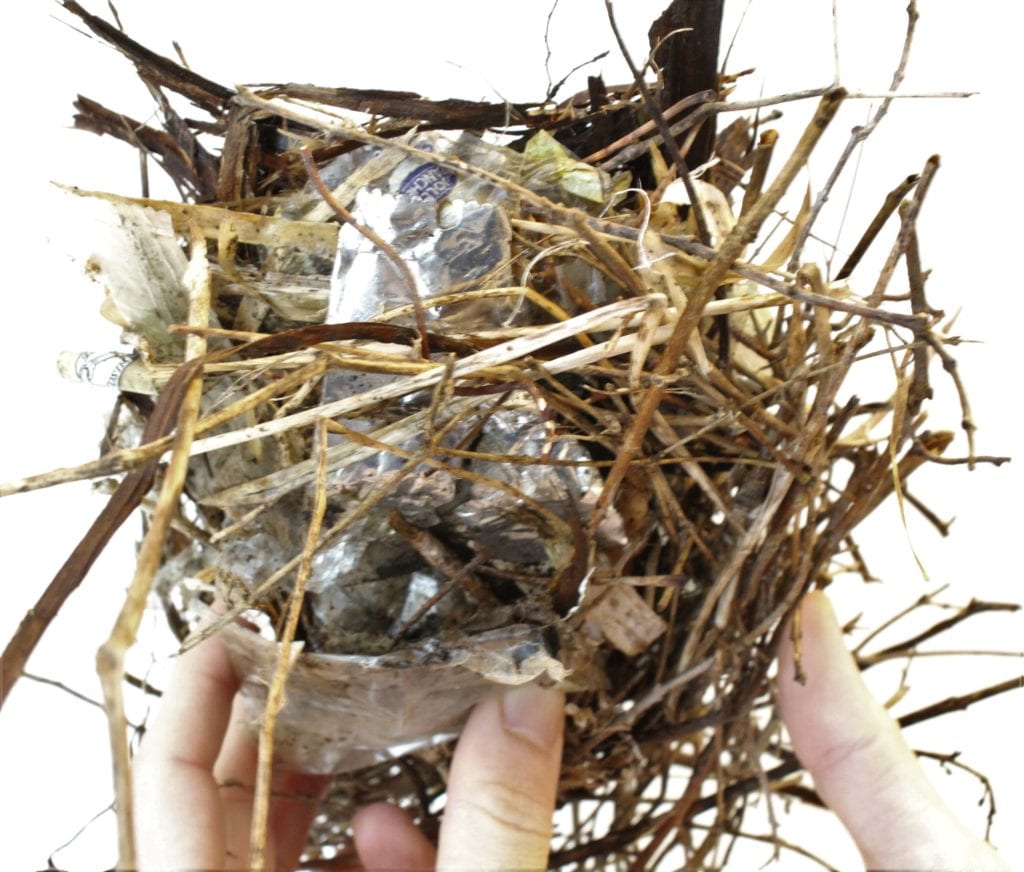
With the limited fanfare that can be generated over Zoom, the 130th Maine Legislature got off to a relatively slow and definitely unusual start in January. Though many of the session’s high-profile bills have yet to have their public hearings, Maine Audubon has already engaged with legislators on bills that deal with invasive aquatic plants, wildlife “species of special concern”, transmission planning, and pesticides–topics that we didn’t necessarily intend to weigh in on this session, but that we’re nonetheless compelled to act on due to their impact (both positive and negative) on Maine’s wildlife and habitat.
The session’s slow start can be attributed to the need for legislative committees to orient themselves to working remotely. The Maine State House is closed to anyone other than legislators and staff and while some legislators choose to do their work at the State House, all public-facing activities like public hearings are held over Zoom. I’ve been impressed by how the committee clerks (one of a few staff members assigned to each legislative committee) have organized and conducted committee meetings; while Zoom may be old hat for many of us, it is brand new for many others.
After introducing myself and Maine Audubon at designated “meet and greets” to the several legislative committees that I regularly appear before–including the Agriculture, Conservation, and Forestry; Energy, Utilities, and Technology; Environment and Natural Resources; and Inland Fisheries and Wildlife–public hearings began in earnest.
Maine Audubon joined several lake associations, marina owners, and representatives from the recreational boating industry in support of a bill that would require boats used in inland waters to be drained prior to transportation (LD 184). This is a proven strategy to prevent the spread of invasive plant species, which wreak havoc on lakes and ponds, degrading water quality and diminishing habitat quality. New Hampshire, Vermont, and New York, as well as 12 other states, have similar laws on the books, so I was surprised when the Department of Inland Fisheries and Wildlife (IFW) opposed the bill. While I understood their concern that they could not consistently enforce the law (game warden capacity is limited and they can not board a boat without “articulable suspicion”), other proponents and I felt strongly that the law would send a strong signal, regardless of consistent enforcement. After all, speed limits are not regularly enforced, but are generally respected and strongly influence behavior. I am hopeful that the Committee will adopt a similar view of the bill and send the bill to the House and Senate with strong support.
This semester, Maine Audubon is proud to host Allison Briggs, a second year student at Maine Law, as an extern. Allison has brought excellent analytical and research skills to the advocacy team and has already made meaningful contributions to our work, including testifying in opposition to a number of bills (LDs 39, 108, 244) that would overturn Maine’s single-use plastic bag ban. The average American family takes home about 1,500 single-use plastic shopping bags every year, but only one percent of those are later recycled, with the rest ending up in a landfill or littering the landscape. This is bad news for wildlife. For example, plastic fragments have been found in forty-four percent of all seabirds. Thankfully, we’re fairly confident that the Maine Legislature will not support these bills and overturn the ban. But we’re not complacent–thank you to everyone who has already contacted their legislators, urging them to defeat these bills.
These are just two of the many bills that Maine Audubon has already advocated on and the session is still young! There are many, many bills ahead that will touch upon endangered species, renewable energy siting, offshore wind, and public lands funding, among other topics. Please keep an eye on your Inbox. As these bills go to committee, we’ll be asking members and supporters whose legislators are members of key committees to contact them and encourage votes that support Maine wildlife and habitat. Your email or phone call can make a big difference–hearing from a constituent (which happens much less frequently than you might think) is a strong influence. Thank you in advance!
